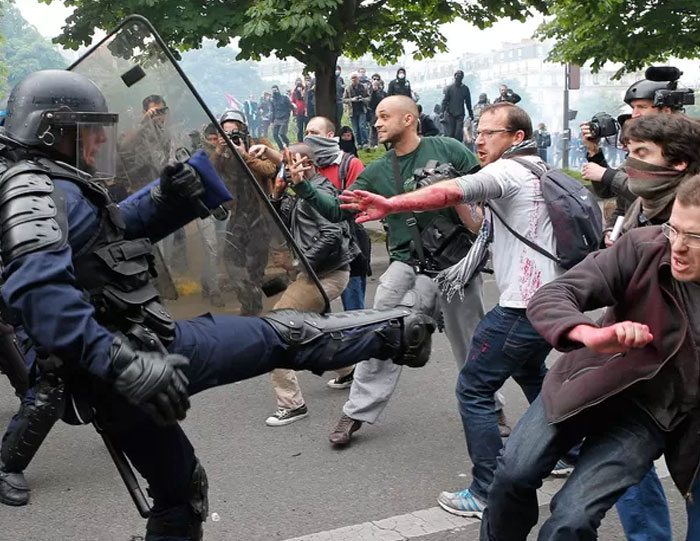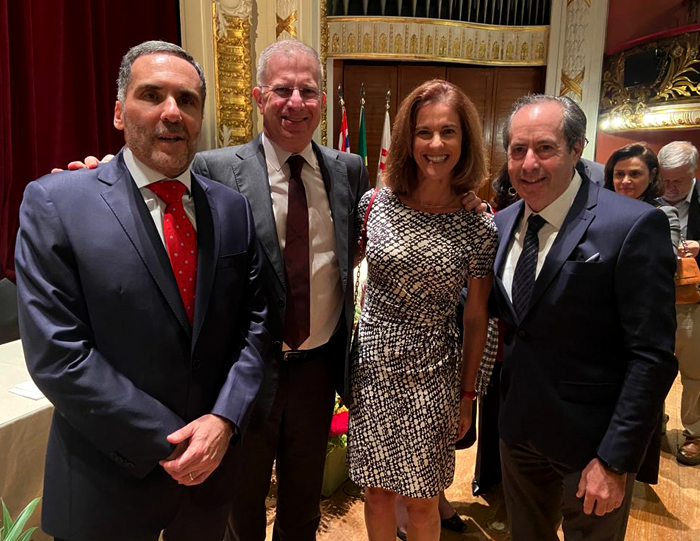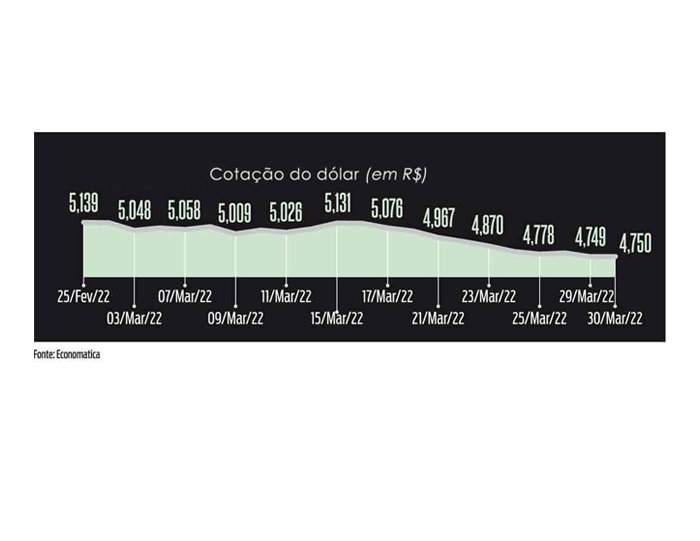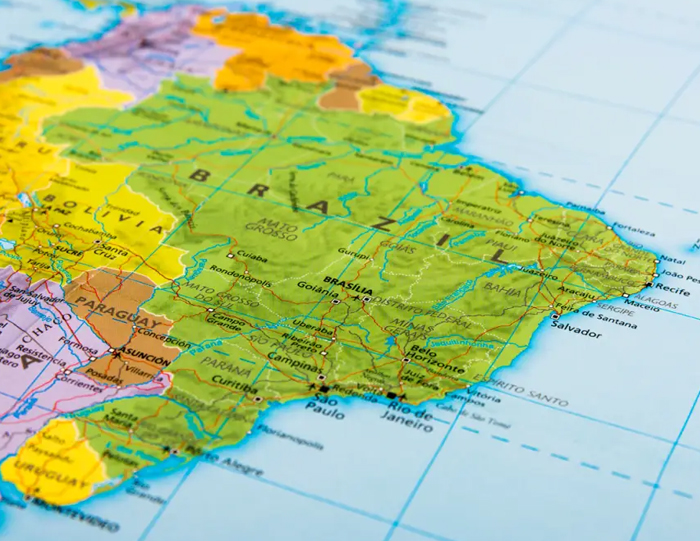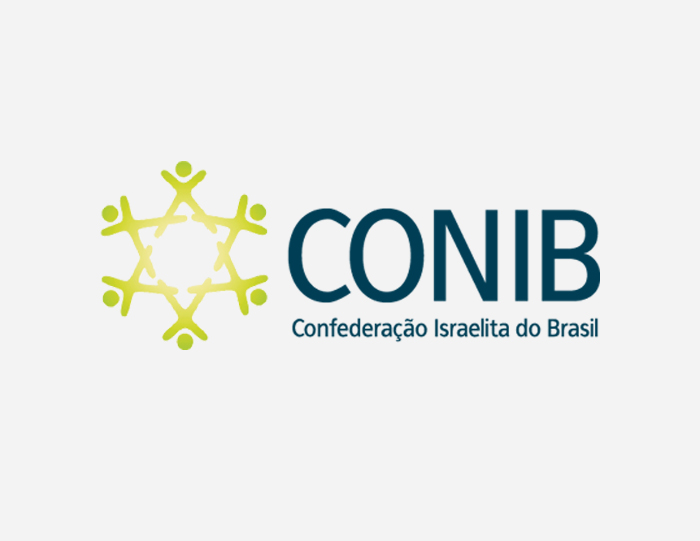By Octávio Aronis, Attorney
It’s a little embarrassing but I suppose that like many of you, I’m glued to the news. Not only am I getting an ongoing stream of information from the cable news channels but LinkedIn, Facebook, and Twitter have also taken over my life. It seems that an hour doesn’t goes by that I don’t know what’s happening throughout our nation and around the world.
To say that we are living in rough and uncertain times would be considered an understatement by many. Even when we’re feeling secure about our business in our own little corner of the globe, it doesn’t take more than the next hot news item on any one of the endless conflicts, to put that feeling of security in question. Here’s a short list of some of the significant political events, wars, conflicts, and calamities that have either occurred or are still ongoing in just the last year alone:
- Trump is president
- Mexico is standing up to Trump
- Putin is supporting rebels in the eastern part if the Ukraine
- North Korea keeps testing its ballistic missiles
- Israel and the Palestinian territories continue to have their conflicts
- Afghanistan continues to have its problems
- Ongoing civil wars in Syria, Libya, and Yemen
- Catastrophic Syrian refugee problem
- ISIS terrorism throughout Western Iraq and Northern Syria
- Boko Haram terrorism in Nigeria
- Taliban terrorism in Pakistan
- Ongoing war on drugs in Mexico and other Latin American countries
- Ongoing conflicts in Somalia, South Sudan, and other African nations etc.
I’m just exhausted thinking about the endless number of world wide hostilities, wars, and calamities.
The above are not isolated situations that we can think will never affect us. The reality is that eventually even the smallest of regional conflicts can affect many other countries and businesses directly or tangentially.
For example, after the Russian government annexed the Crimea in early 2014, and then set it sights on the eastern portion of the Ukraine, the country continues to have one of the fastest falling economies in the world. In fact, the country has watched its GDP shrink by 6.5 percent since April 2014, with countries like Libya and Venezuela actually performing better.
Another example affecting the world has to do with the political situation in the U.S. As we are well aware, President Trump has brought in some new ideas that has made many countries nervous and unsettled. It appears that one of the goals of this new president and his administration is to renegotiate many trade pacts that Trump deems to be unfair to the U.S. labor market and consumer. There’s no question that the U.S. has substantial trade deficits with several countries, where China in fact is the largest with over $347 billion in 2016.
Renegotiating many of these trade agreements depends upon the country, the product, the currency, and many other factors, which could both open up or close down business opportunities respectively. For example, we’ve heard over and over again about how President Trump plans to renegotiate the North American Free Trade Agreement. NAFTA is an agreement signed in 1994 by Canada, Mexico, and the U.S. creating a trilateral trade bloc in North America. According to the Trump administration, this agreement has allowed Mexico to (unfairly) accumulate an over $50 billion surplus against the U.S.
Putting all of Trump’s blustery aside, I recently read that Mexico buys nearly all its corn from the U.S. and is the largest buyer of U.S. corn at 27% of the total amount exported. At first glance, should Mexico attempt to purchase their corn from Argentina or Brazil, which has been proposed by a member of the Mexican Congress, U.S. farmers and many related industries to the U.S. agricultural sector would be severely impacted. Although it would be considerably more expensive to import from these two countries due to the logistics, but for farmers in Argentina and Brazil this would be real boon to them, at least in the short term.
At the same time, Mexico is also the number one market for U.S. soybean meal, oil and the second largest market for U.S. whole soybeans. In other words, since Mexico buys a tremendous amount of goods from the US and vice versa, trying to sort out the trade deficit can get very convoluted.
And so it should go without saying that we are living in very complicated and highly volatile political and economic times that require global credit managers to:
- Keep themselves well informed with daily and weekly political and economic events.
- Consult with their international bankers who often have interests overseas and can provide valuable perspectives from a banking perspective of doing business in various countries.
- Stay in touch with their local and regional political representatives as they may often have additional information as to what their government is doing in response to the U.S. or the countries that is not in the news.
- Become active in international credit & collection and international trade associations which will often have a voice to various governmental bureaus that will listen to their problems and concerns.
- Develop long term strategies that will help to react to new trade deals that impact how customers are able to purchase products and pay for them.
- Take advantage of political risk insurance which can be a safety net for receivables on customers in countries that can be impacted due to the unexpected global political and economic and events.
I hope the above is food for thought. Always a pleasure to share my thoughts and ideas with all of you and looking forward to receiving yours.
Octávio Aronis
For any questions or comments about this article or our services, please contact me at octavio@aronisadvogados.com.br.
This article has been edited by Steven Gan of Stellar Risk Management Services, Inc.All Rights Reserved


